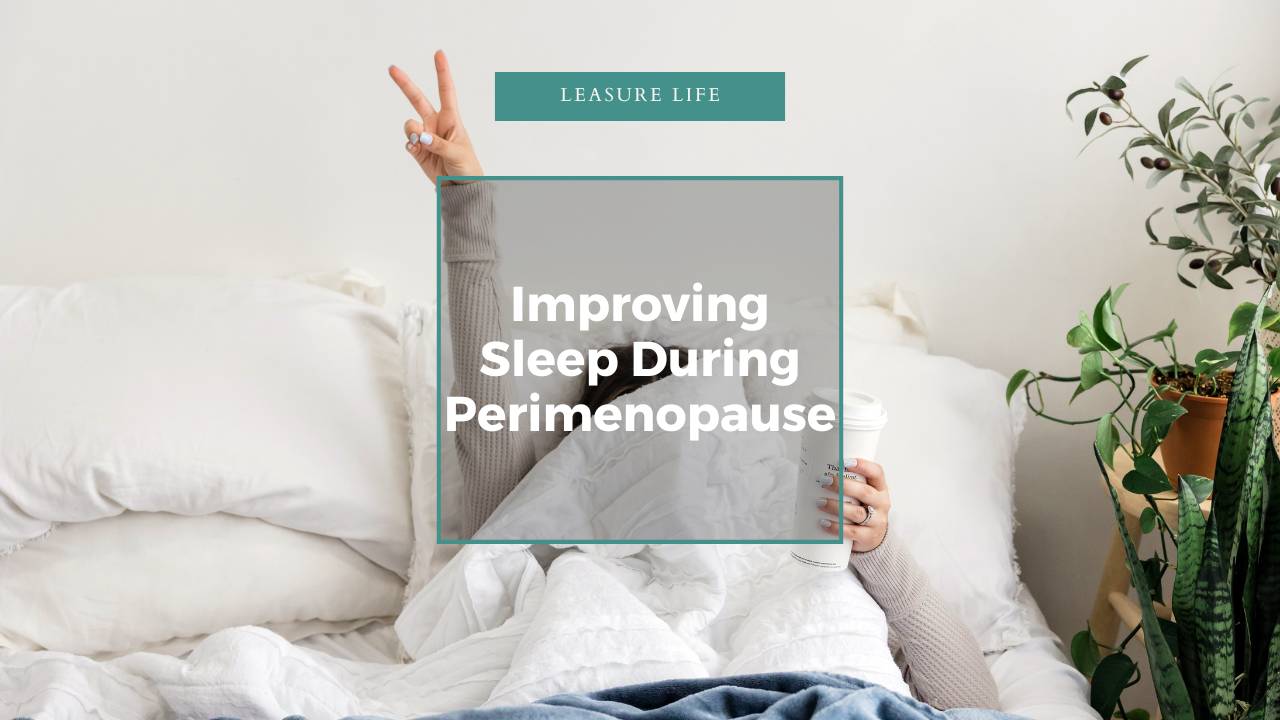Improving Sleep During Perimenopause: Say Goodbye to Insomnia

Sleep during perimenopause can feel elusive, like chasing a dream you can’t quite catch. Many women find themselves tossing and turning, waking up at odd hours, or struggling to fall back asleep. Hormonal fluctuations, particularly with estrogen and progesterone, are often the culprits, as these hormones play a vital role in regulating sleep. Add in stress, night sweats, or even a busy mind, and it’s no wonder insomnia becomes a common complaint. The good news? There are strategies to restore your restful nights.
I recall working with a patient, Diane, who came to me exhausted and frustrated. “I can’t even remember the last time I slept through the night,” she said. Through functional testing, we identified that her cortisol levels were spiking in the evening, disrupting her ability to wind down. We implemented a personalized plan that included a calming evening routine, magnesium-rich foods to relax her muscles, and herbal support like valerian root to improve her sleep quality. With...
Overcoming Brain Fog: A Functional Medicine Approach

Brain fog, characterized by confusion, forgetfulness, and a lack of focus and mental clarity, is a common concern among middle-aged women. It can be frustrating and impact daily functioning and quality of life. In this blog, we will explore how a functional medicine approach can help you overcome brain fog through personalized strategies and addressing underlying causes.
Understanding Brain Fog
Brain fog is not a medical condition but a symptom that can result from various underlying issues. It often manifests as:
- Difficulty concentrating
- Memory problems
- Mental fatigue
- Slower thinking and processing
Common Causes of Brain Fog
- Hormonal Changes: Fluctuations in hormones, particularly during perimenopause and menopause, can affect cognitive function.
- Nutrient Deficiencies: Lack of essential nutrients such as B vitamins, vitamin D, omega-3 fatty acids, and antioxidants can impair brain function.
- Poor Sleep: Sleep deprivation and poor-quality sleep can significantly impact c ...

